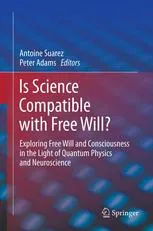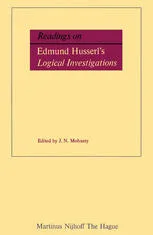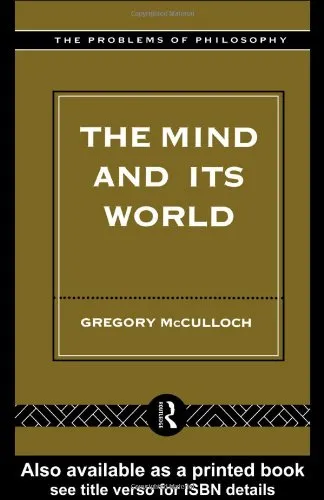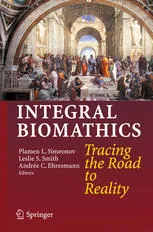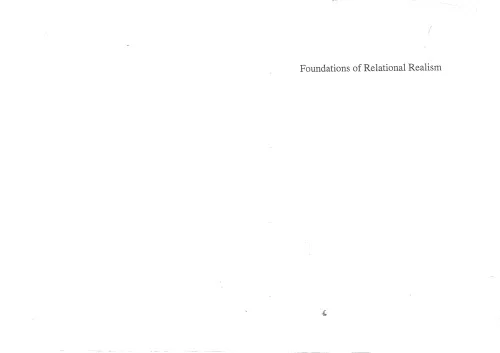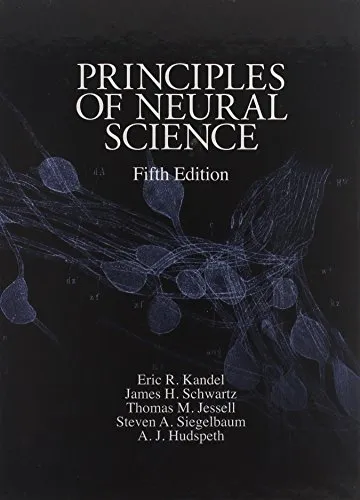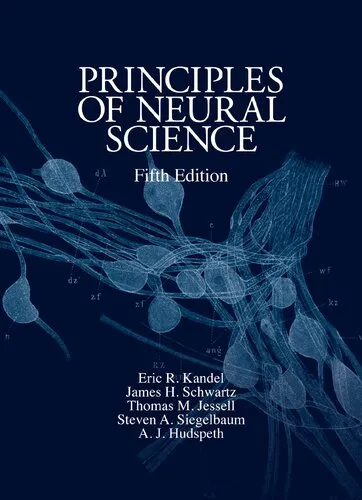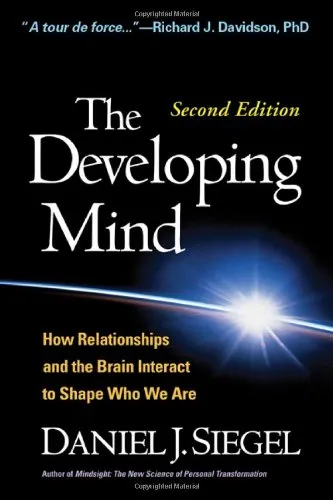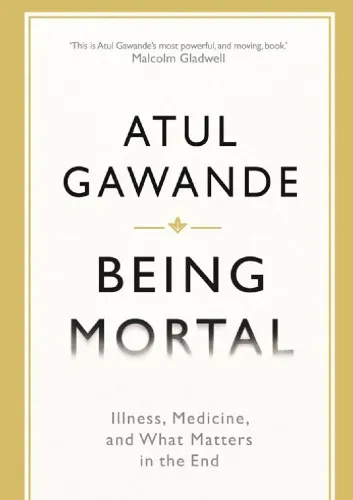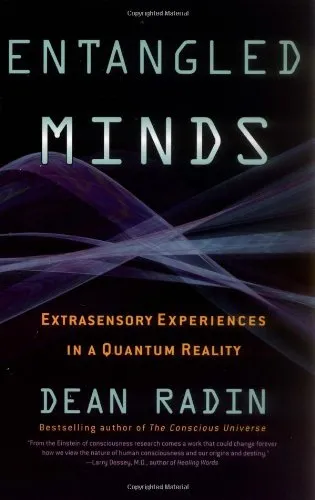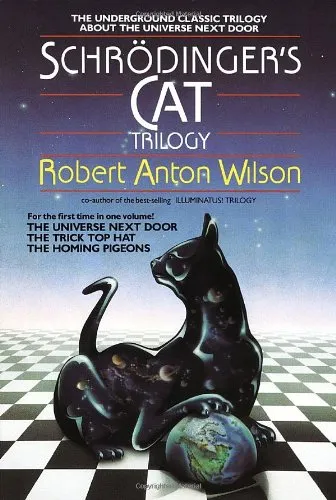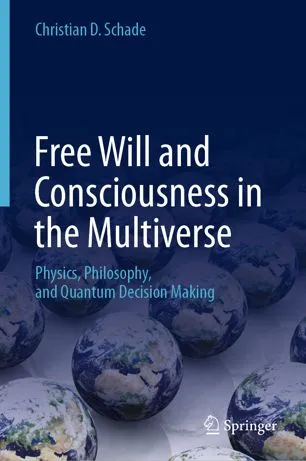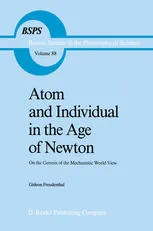Is Science Compatible with Free Will?: Exploring Free Will and Consciousness in the Light of Quantum Physics and Neuroscience
5.0
بر اساس نظر کاربران

شما میتونید سوالاتتون در باره کتاب رو از هوش مصنوعیش بعد از ورود بپرسید
هر دانلود یا پرسش از هوش مصنوعی 2 امتیاز لازم دارد، برای بدست آوردن امتیاز رایگان، به صفحه ی راهنمای امتیازات سر بزنید و یک سری کار ارزشمند انجام بدینکتاب های مرتبط:
Introduction
Welcome to the enthralling realm of existential inquiry where science and philosophy intersect. "Is Science Compatible with Free Will" presents an illuminating exploration into one of humanity's most profound questions. The book delves deep into whether our scientific understanding of the universe permits the existence of free will—a concept that is central to our identity, moral responsibility, and social structures.
Detailed Summary of the Book
In "Is Science Compatible with Free Will", the authors undertake a thorough analysis of the relationship between scientific determinism and the concept of free will. Starting with an overview of historical perspectives, the book traverses through the advancements of quantum mechanics, neuroscience, and cognitive sciences to reassess our understanding of human agency. The narrative is deeply structured around contemporary debates, juxtaposing classical deterministic views with new scientific paradigms that allow for random and probabilistic phenomena.
The book argues that while classical Newtonian physics suggested a deterministic universe where free will seemed improbable, modern sciences such as quantum mechanics introduce elements of randomness and uncertainty that might permit some form of free agency. Meanwhile, developments in neuroscience may offer explanations without negating free will by highlighting the complexity and unpredictability of brain processes.
This work stands as an interdisciplinary analysis, drawing upon the insights of prominent scientists, philosophers, and thinkers, offering readers a kaleidoscope of perspectives. The book doesn't just pose questions but encourages a deeper introspection into how our conception of free will affects our ethical reasoning, legal systems, and personal sense of autonomy.
Key Takeaways
- Explores the intersection of free will and scientific determinism.
- Discusses the implications of quantum mechanics and neuroscience on free will.
- Provides insights from both historical and contemporary perspectives.
- Challenges the reader to consider how beliefs about free will affect broader societal structures.
- Encourages philosophical inquiry and scientific curiosity among its readers.
Famous Quotes from the Book
"Free will is not an illusion to be feared but a challenge to be embraced in the tapestry of our complex universe."
"The interplay between unpredictable human volition and scientific rigor is the crucible through which we must forge our understanding of existence."
Why This Book Matters
"Is Science Compatible with Free Will" is an essential read for anyone intrigued by the confluence of science and philosophy. It endeavors to bridge the often polarizing domains of deterministic science and the human experience of choice and autonomy. At a time when artificial intelligence and machine learning challenge our understanding of what it means to be human, this book provides critical insights that foster a nuanced appreciation of free will.
By engaging with this work, readers are equipped to partake in informed discussions about the ethical implications of science and technology, ultimately empowering them to reflect on their personal beliefs and societal norms. In doing so, the book enriches public discourse by promoting a balanced perspective that values both scientific inquiry and philosophical contemplation.
دانلود رایگان مستقیم
شما میتونید سوالاتتون در باره کتاب رو از هوش مصنوعیش بعد از ورود بپرسید
دسترسی به کتابها از طریق پلتفرمهای قانونی و کتابخانههای عمومی نه تنها از حقوق نویسندگان و ناشران حمایت میکند، بلکه به پایداری فرهنگ کتابخوانی نیز کمک میرساند. پیش از دانلود، لحظهای به بررسی این گزینهها فکر کنید.
این کتاب رو در پلتفرم های دیگه ببینید
WorldCat به شما کمک میکنه تا کتاب ها رو در کتابخانه های سراسر دنیا پیدا کنید
امتیازها، نظرات تخصصی و صحبت ها درباره کتاب را در Goodreads ببینید
کتابهای کمیاب یا دست دوم را در AbeBooks پیدا کنید و بخرید
1386
بازدید5.0
امتیاز0
نظر98%
رضایتنظرات:
5.0
بر اساس 0 نظر کاربران
Questions & Answers
Ask questions about this book or help others by answering
No questions yet. Be the first to ask!
